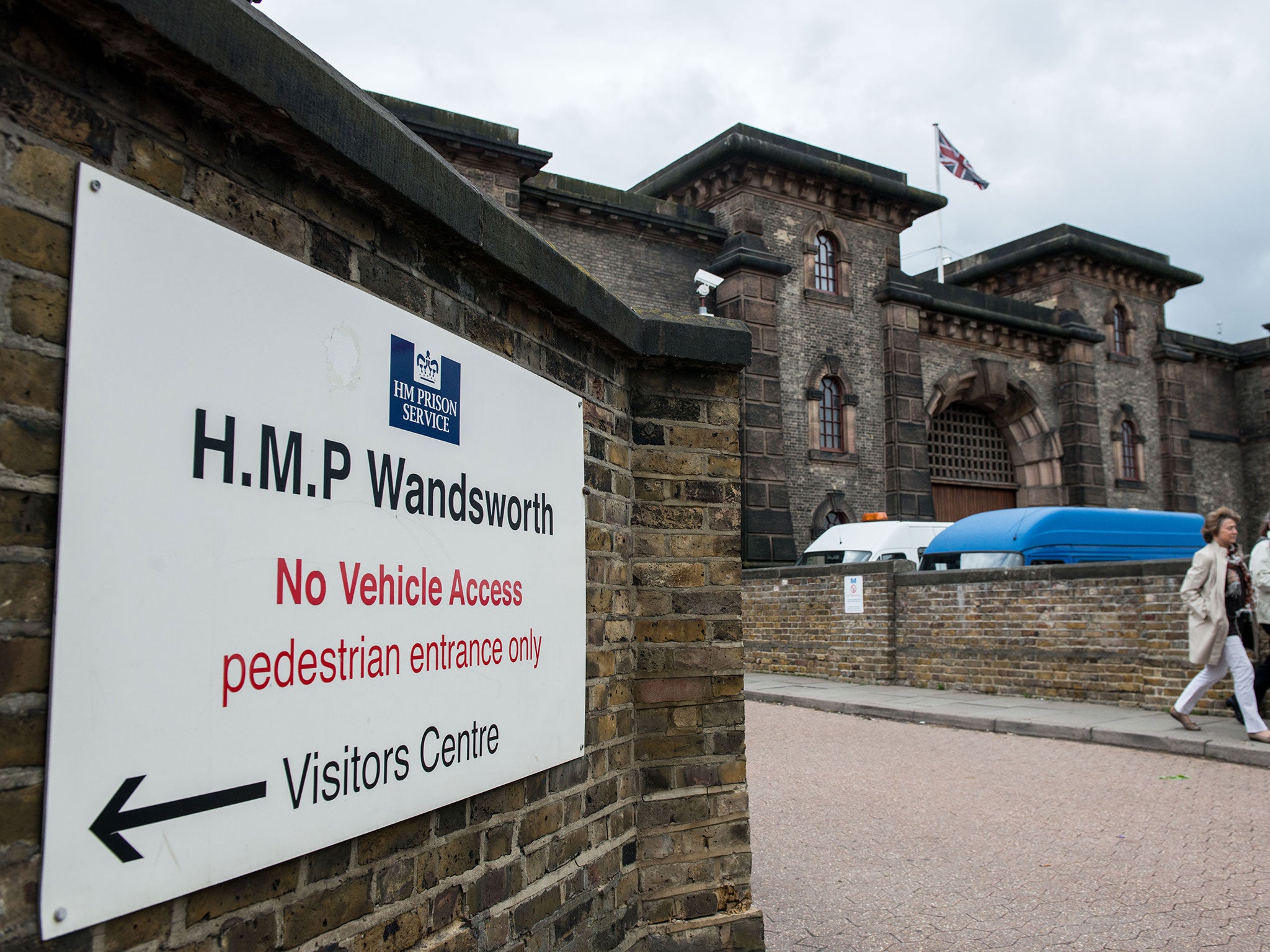Teenager arrested for stealing sweets found hanging in prison 37 minutes after calling for help
Ombudsman condemns 'appalling' case after inquests finds staff failures contributed to death

Your support helps us to tell the story
From reproductive rights to climate change to Big Tech, The Independent is on the ground when the story is developing. Whether it's investigating the financials of Elon Musk's pro-Trump PAC or producing our latest documentary, 'The A Word', which shines a light on the American women fighting for reproductive rights, we know how important it is to parse out the facts from the messaging.
At such a critical moment in US history, we need reporters on the ground. Your donation allows us to keep sending journalists to speak to both sides of the story.
The Independent is trusted by Americans across the entire political spectrum. And unlike many other quality news outlets, we choose not to lock Americans out of our reporting and analysis with paywalls. We believe quality journalism should be available to everyone, paid for by those who can afford it.
Your support makes all the difference.A teenager who was arrested for stealing sweets hanged himself in prison after staff failed to respond to his call for help, a report has found.
Osvaldas Pagirys, who struggled with English, became suicidal after being imprisoned at HMP Wandsworth pending extradition to Lithuania.
Officials repeatedly assessed the 18-year-old as not suffering from significant mental health problems, despite interviewing him without an interpreter.
He was found five previous times with a ligature around his neck during his three months in prison, but left in isolation on the day he died.
Investigators found Pagirys rang a bell in his cell at lunchtime on 11 November 2016 but it was not answered for 37 minutes. Officers eventually arrived to find him hanging and he never regained consciousness, dying three days later.
A jury returned a conclusion of accidental death but found that numerous failings by healthcare and prison staff contributed to the tragedy.

Jurors sitting before Dr Shirley Radcliffe at Westminster Coroner’s Court found they had should not have segregated Pagirys, then failed to communicate with him or fellow officials.
They also found that staff did not conduct a “timely” welfare check and “contributed to his death” by not responding to the emergency bell sooner.
An investigation by the Prisons and Probation Ombudsman (PPO) described the case as “appalling” and concluded that Pagirys’ life might well have been saved had staff responded sooner.
Noting that HMP Wandsworth had previously been criticised by prisons inspectors for long delays in answering bells, investigators described mental health assessments as “woefully inadequate”.
Elizabeth Moody, the acting PPO, described Mr Pagirys as a vulnerable teenager who found it hard to cope with prison life and to communicate in English.
“Staff responded to his increasing levels of distress punitively and he was subject to an impoverished, basic regime,” she added. “I am extremely concerned at the overall standard of care delivered by HMP Wandsworth … no manager or member of staff seems to have taken effective steps to prevent a deeply troubling death.”
Pagirys was arrested for shoplifting in August 2016 and was the subject of a European Arrest Warrant in Lithuania. He was imprisoned at Pentonville and then Wandsworth after being refused bail.
Police placed him under constant supervision as a suicide risk but records in jail were incomplete and he started self-harming while displaying erratic emotional behaviour, with one nurse describing him as “childlike”.
During a disciplinary hearing for possession of a knife, Mr Pagirys said that he tried to hang himself because he did not want to be extradited to Lithuania, as all his family were in Croydon.
He was moved to a segregation unit on 9 November after racially abusing a staff member and damaging his cell, with the move approved by a nurse despite the fact Pagirys tried to hang himself earlier that day.
Relatives who attended the inquest said it was “painful” to hear accounts of the weeks leading up to his lonely death.
“We hope that lessons have been learnt but it is devastating for us that this is at such a cost,” said a statement from the family. “None of the evidence we have heard will stop us asking what would have happened if staff had answered his cell bell sooner when every moment counted. Would Osvaldas still be alive?
“This is hard for us to deal with. We are not persuaded that Osvaldas was given the best chance of survival during his stay at HMP Wandsworth. He will be sorely missed.”
Rory Stewart, a minister for prisons, said 11,000 staff had been given improved training to identify prisoners needing support.
“It is clear there were failings in how he was managed at HMP Wandsworth and these could have been avoided,” he said. ”The safety and welfare of people in our custody is my top priority and a significant amount of work has been done at the prison, including improving the monitoring of vulnerable offenders and response times when in-cell alarm bells are triggered.
He added: “The prison has also made improvements that will allow staff to identify more quickly prisoners who require tailored support. Prison can be an extremely challenging experience for some and we are determined to reduce deaths and self-harm in our jails.”
To contact the Samaritans free of charge call 116 123; email jo@samaritans.org; or visit samaritans.org.